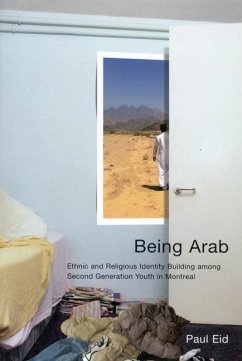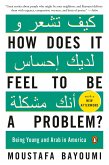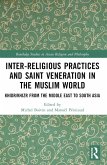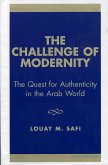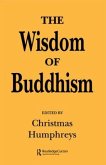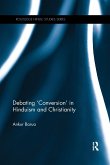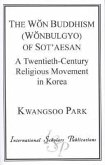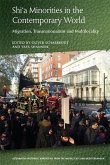Arabs in North America are often perceived to be a monolithic group. Being Arab explores how Muslim and Christian Arab-Canadian youth actually negotiate their ethnic and religious identities. Focusing on the experiences of students from five colleges in Montreal, Paul Eid considers the influence of parental socialization, gender-related traditionalism, and perceived discrimination and stereotyping. Eid looks at the significance of religion to ethnic identity building, a largely understudied issue in ethnic studies, and the extent to which social and cultural practices are structured along ethnic and religious lines. Being Arab also analyzes whether gendered traditions act as identity markers for young Canadians of Arab descent and whether men and women hold different views on traditional gender roles, especially regarding power within romantic relationships and sexuality.Being Arab pays close attention to the views of second-generation Arab-Canadians about prejudice and discrimination in Canadian society, particularly in the media. Eid finds that the Arab youth in this study generally feel accepted by Canadians but often downplay their Arab background as a way to ward off anticipated prejudice. He also offers an insightful account of why children of Arab immigrants seem to experience and react differently to intolerance in Canada and in France.
Hinweis: Dieser Artikel kann nur an eine deutsche Lieferadresse ausgeliefert werden.
Hinweis: Dieser Artikel kann nur an eine deutsche Lieferadresse ausgeliefert werden.

